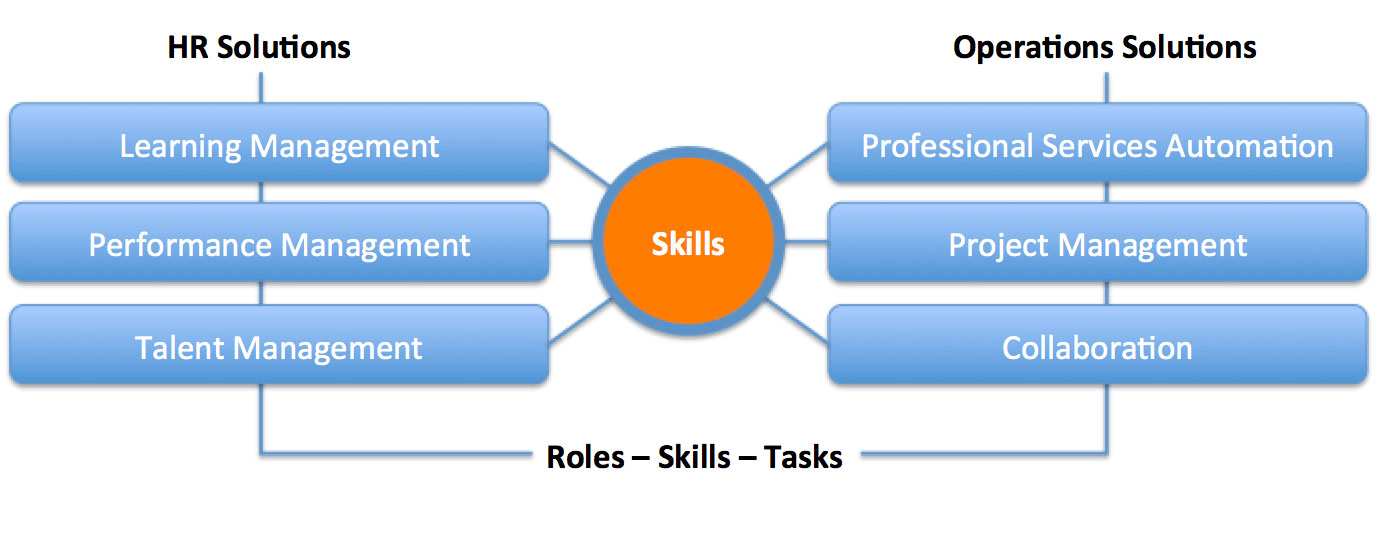Skill and expertise management in 2018
Steven Forth is a Co-Founder of TeamFit. See his Skill Profile.
Will 2018 be the year of skills? A lot of signs suggest that this will be the case.
Individuals want to take control of their own careers
Managers understand that the skills of their people are central business success(See How our skills support and shape our career)
More and more companies are putting skill management at the centre of their offer
What does skill management mean to you and your company?
Please take this short survey (five minutes) to find out.
Click here to open the survey page.
Skills are central to so many aspects of what we do at work

We need skills to achieve our career goals (see How our skills shape and support our career.)
They are one of the key components of performance. Without the necessary skills, we cannot perform.
Learning itself is a skill, and a foundational skill (a skill used to build other skills) and much of our investment in learning are meant to develop our skills.
Skills are not buried deep inside the individual. They are one of the bonds that allow us to combine and work effectively together. This starts with learning, where coaches and mentors (and coaching and mentoring) are central to skill development.
We need a complex combination of shared and complementary skills to work effectively together (complementary skills are those that are generally found in two different people, but are powerful when combined, like writer and editor or goalkeeper and defence).
High-performance teams combine skills in complex ways. They have the skills needed for collaboration, the skills needed for the specific tasks, and in many cases, they bring together skills in unusual and unexpected ways. This is where a lot of innovation comes from. The juxtaposition and connection of different skills.
Skills are a natural integration point
The constellation of applications used in HR, talent management, performance management, learning and development and for project management and operations has become bewilderingly complex. At HRTech 2017 there were about 600 vendors from the very large (Google and Microsoft LinkedIn) to a plethora of start-ups and service providers. Read this summary from Bluewater CEO Chris Bond. With so many solutions integration is a big problem. Simply plugging solutions together using their APIs is not the solution. One needs to organizing framework to make the data being shared meaningful and actionable.

For many applications, skills provide this framework. Skills are what learning management systems and learning experience platforms are meant to enhance; talent management and performance management systems need to provide a rich understanding of a person's skills to know what talent they have and how they will perform; professional services automation systems primarily manage resources (as they call people) and what projects they are working on while project management systems manage tasks and support collaboration. Skills can be mapped to tasks and projects (this is part of what TeamFit does) and thereby provide the missing link between all these applications.
Skill management comes of age
In 2018 skills and skill management will move to the centre of the human performance space. Individuals will take more and more responsibility for, and ownership of, their skills while companies invest to understand the skills of their people and to find the best way to deploy them.
TeamFit is the leader in the skill management space. Contact us to learn more.









